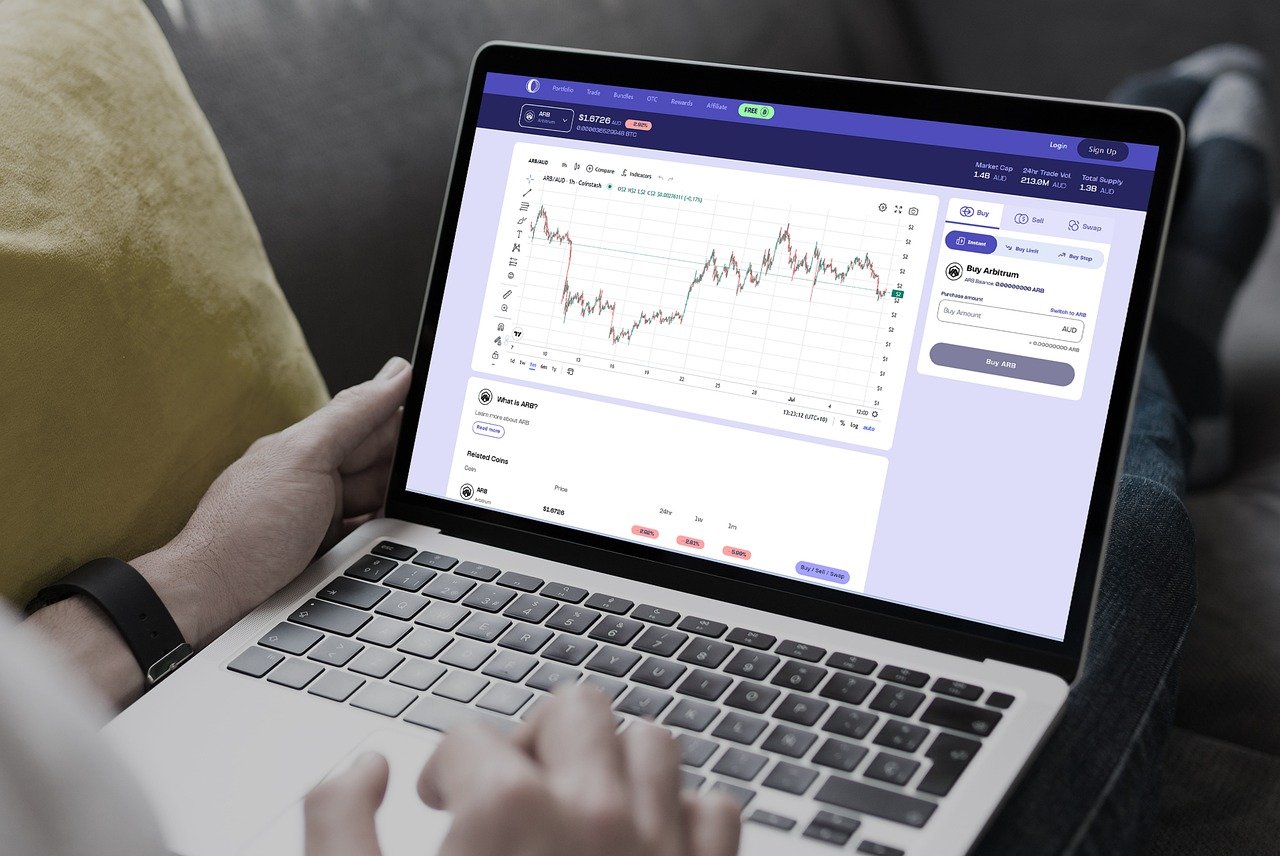Benefits and Types of Retail Analytics Tools
Retail companies rely heavily on data to make marketing decisions, increase customer satisfaction, mitigate risks, and meet other business goals in the long run. But gathering and analyzing large volumes of data can be quite challenging, particularly as a company expands. That’s why investing in a retail analytics platform has become important. The software can make this process hassle-free, accurate, and quick for retailers, contributing to their growth and profitability.
Revolutionizing Retail: The Power of Analytics Software
In today’s fast-paced retail landscape, businesses are constantly seeking ways to gain a competitive edge. Enter retail analytics software, a game-changing tool that’s transforming the industry. This powerful technology empowers retailers to make data-driven decisions, optimize operations, and enhance customer experiences. By harnessing the potential of retail analytics, businesses can unlock valuable insights and stay ahead in an ever-evolving market.
Understanding Retail Analytics
Retail analytics refers to the process of collecting, analyzing, and interpreting data from various sources within a retail operation. This data can include sales figures, customer behavior, inventory levels, and market trends. By leveraging advanced analytics software, retailers can transform raw data into actionable insights, enabling them to make informed decisions and drive business growth.
The Benefits of Retail Analytics Tools
Implementing retail analytics tools offers numerous advantages for businesses of all sizes. One of the primary benefits is improved inventory management. By analyzing sales patterns and demand forecasts, retailers can optimize their stock levels, reducing waste and ensuring popular items are always available. This leads to increased efficiency and cost savings across the supply chain.
Enhancing Customer Experience
Another significant advantage of retail analytics is its ability to enhance the customer experience. By analyzing customer data, retailers can gain a deeper understanding of their target audience’s preferences and behaviors. This information allows businesses to personalize marketing efforts, tailor product offerings, and create more engaging in-store experiences. The result is increased customer satisfaction and loyalty, which ultimately translates to higher sales and revenue.
Types of Retail Analytics Tools
There are several types of retail analytics tools available in the market, each designed to address specific aspects of retail operations. Predictive analytics tools use historical data and machine learning algorithms to forecast future trends and customer behavior. Descriptive analytics tools provide insights into past performance, helping retailers identify patterns and areas for improvement. Prescriptive analytics tools go a step further by recommending specific actions based on data analysis.
Maximizing Retail Success with Analytics
To maximize the benefits of retail analytics, businesses should focus on integrating data from multiple sources. This includes point-of-sale systems, e-commerce platforms, social media, and customer relationship management (CRM) tools. By combining these diverse data streams, retailers can gain a comprehensive view of their operations and customer base. Additionally, investing in user-friendly analytics platforms with intuitive dashboards can help staff at all levels leverage data effectively in their decision-making processes.
Comparing Top Retail Analytics Software Solutions
When it comes to choosing the right retail analytics software, businesses have several options to consider. Here’s a comparison of some leading solutions available in the United States:
| Product | Provider | Cost Estimation |
|---|---|---|
| Retail Pro | Retail Pro International | $200-$300 per user/month |
| ShopKeep | Lightspeed | $69-$199 per month |
| Vend | Vend by Lightspeed | $99-$129 per month |
| Revel Systems | Revel Systems | $99-$249 per month |
Note: The cost estimations provided are based on general market research and may vary depending on specific business needs, number of users, and additional features. It is recommended to conduct independent research and contact providers directly for accurate pricing information.
Retail analytics software has become an indispensable tool for modern businesses looking to thrive in a competitive market. By leveraging the power of data-driven insights, retailers can optimize their operations, enhance customer experiences, and drive growth. As technology continues to evolve, the capabilities of retail analytics tools will only expand, offering even more opportunities for businesses to innovate and succeed.
The shared information of this article is up-to-date as of the publishing date. For more up-to-date information, please conduct own research.





